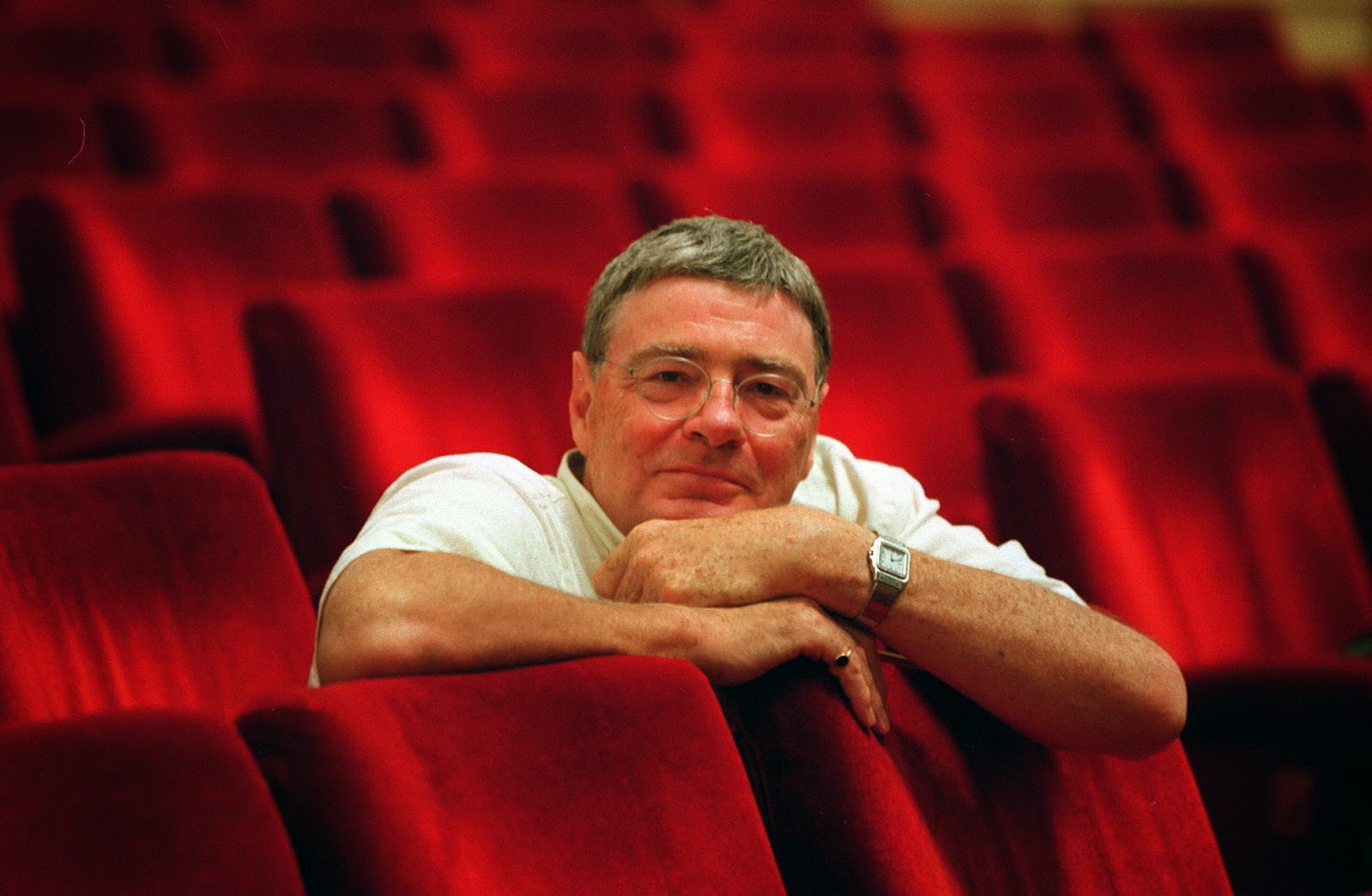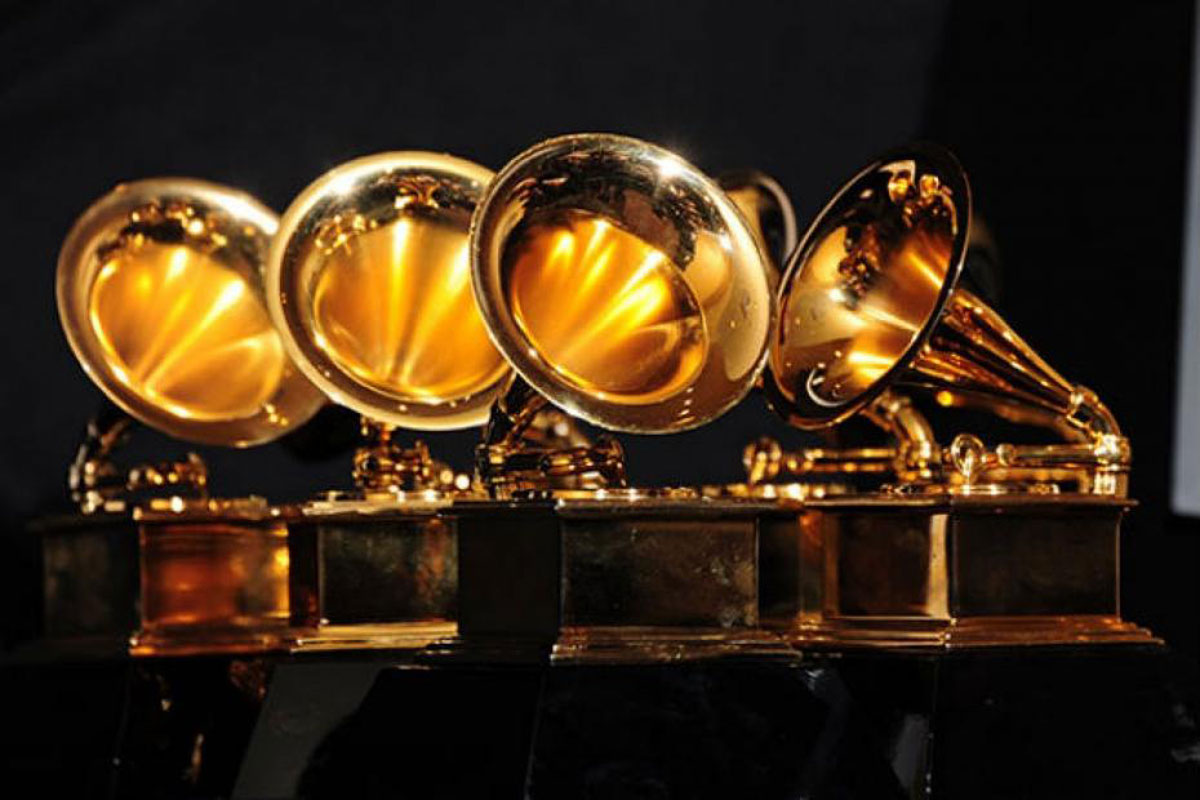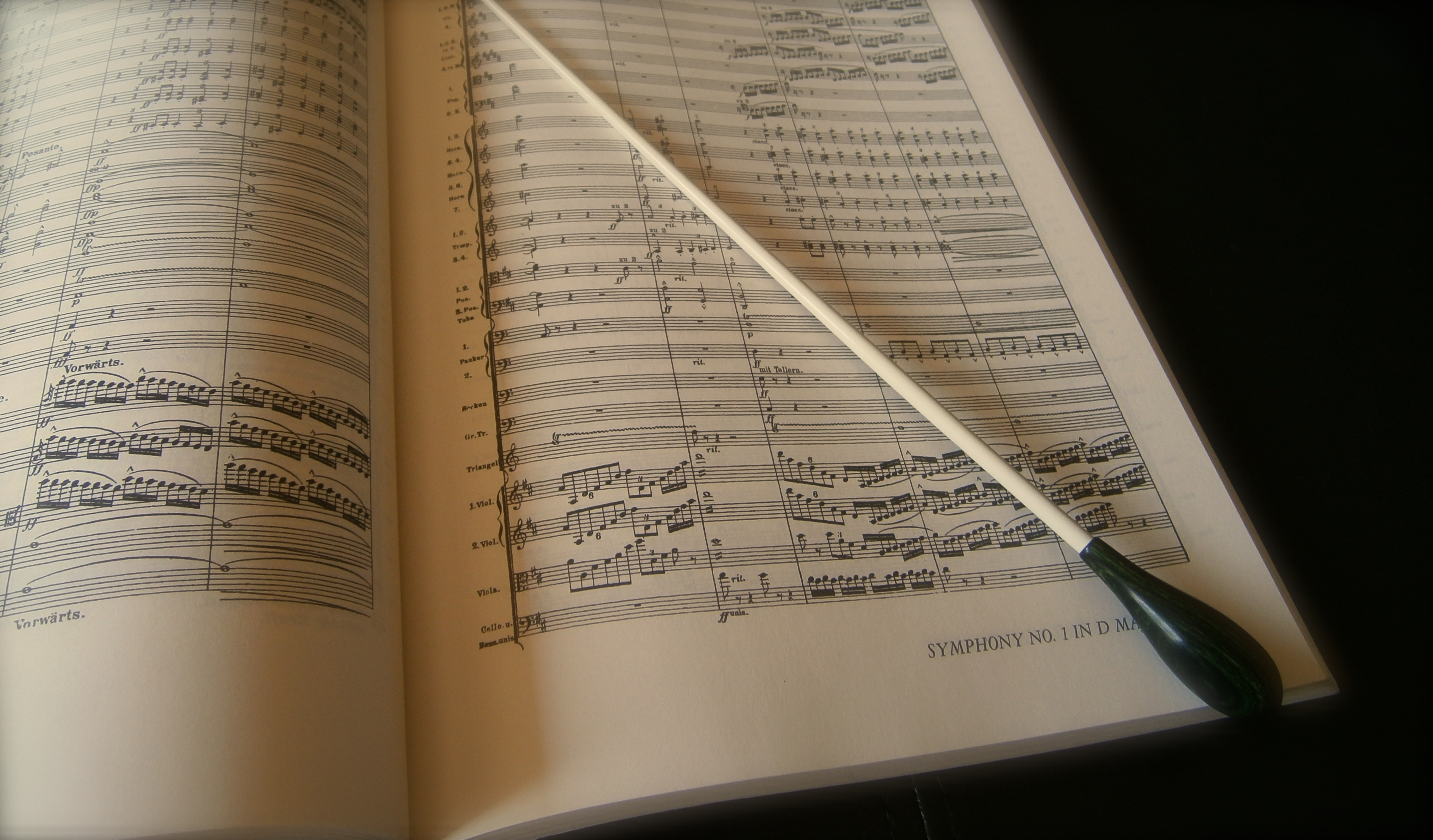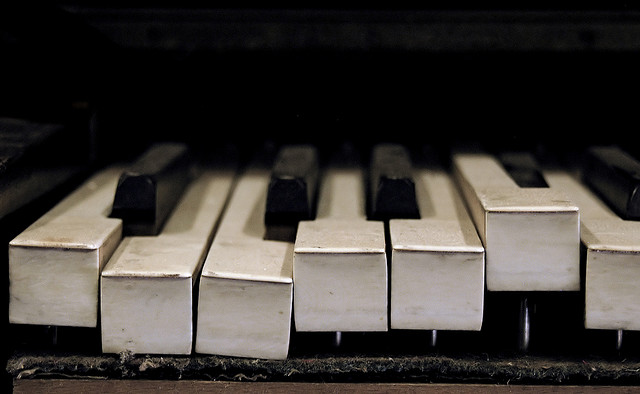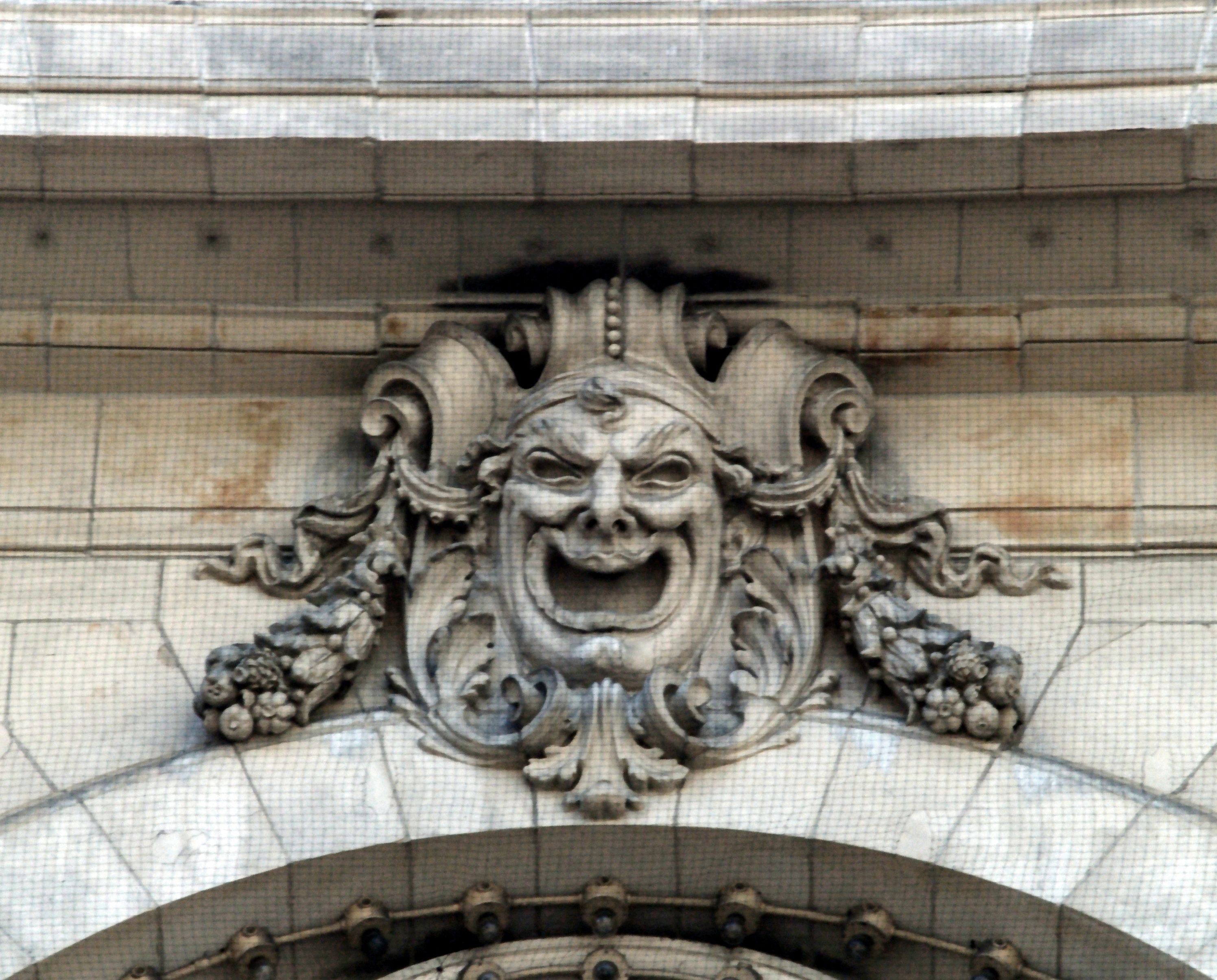New Release: Haydn’s “Sun” Quartets, Performed by the Chiaroscuro
Is it possible to hear seeds of Romanticism in the string quartets of Franz Joseph Haydn? Recently, as I was listening to the Chiaroscuro Quartet’s newest album, this thought crossed my mind. The recording features Haydn’s Op. 20 “Sun” Quartets Nos. 4-6. (Last year, the ensemble released the first three quartets of the Op. 20 set). They approach the music from a historical perspective with gut strings, baroque bows, and limited vibrato. But there …


